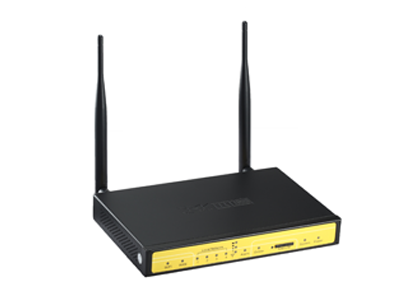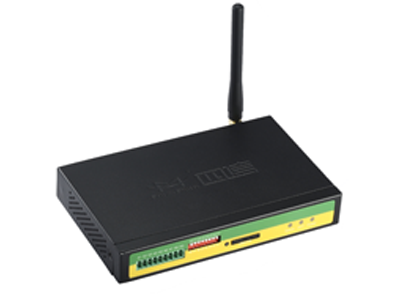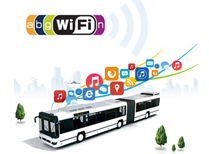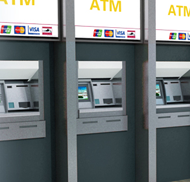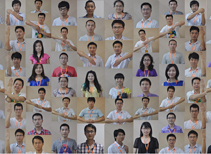
The year 2014 “will be a great year for Smart Cities”, says Ruthbea Yesner Clarke, Research Director at IDC Government Insights Smart Cities Strategies, in his recently published report titled Top 10 Worldwide Smart Cities Predictions for 2014.
People around the world have been talking about Smart Cities for a long time now, and there are already some outstanding initiatives such as the city of Songdo, in South Korea. Yet this time, analysts believe that we will start evolving faster from research and evaluation to concrete investment in pilot projects and the creation of structures for the development of Smart Cities.
In fact, according to a document entrusted to IDC by The Smart Cities Council, the world expenditure on Smart Cities and the so-called Internet of Things (IoT) is expected to reach US$ 265 billion in 2014.
This is so as the development of Smart Cities will arise not only from integral projects involving the creation of appealing green cities, but it will also be fostered by urban labs and other initiatives to improve the current cities: programmes seeking to optimise different aspects of life in the urban environment while offering more efficient services to render daily life more convenient and friendly for the ordinary citizen.
Thus, Smart Cities featuring m2m and IoT innovations will be applied not only to new hi-tech means of transport, but also to update and enhance the old systems, by implementing, for example, a smart bike rental network, smart pedestrian crossings or parking systems like the ones that have been deployed in the Westminster area, in London.
In the specific case of the Westminster smart parking project, for example, a sensor network detects any free spots and, through an app, drivers can know where they are located, thus avoiding unnecessary travel and reducing traffic and pollution from CO2 emissions.
Similar projects are being implemented in some Latin American countries as well in order to render cities smarter, such as the one we present in this dynamic infographic (in Spanish).
The great operation centre of Rio de Janeiro –which is getting ready for the 2014 World Cup and the 2016 Summer Olympics– is another example of the implementation of a system for real time monitoring of information about the weather, crime, traffic and emergency situations.
For IDC, the so-called big data, that is, the amount of information that can be collected and analysed through these systems, will start having an impact on the government's decisions, especially in terms of financial performance, public security and transport.
Likewise, IDC foresees that the factor that will give the development of Smart Cities a decisive impetus is the cloud. In fact, the research firm estimates that Smart Cities will redirect between 15-20% of their expenditure on traditional technology to the cloud.
“When you are looking at such things as the sensors you need for a smart city and you simply want to manage all of that and not buy, then the cloud becomes an enabler in moving to the next innovative thing quickly and easily, and there are obvious business models for that”, said Clarke.
